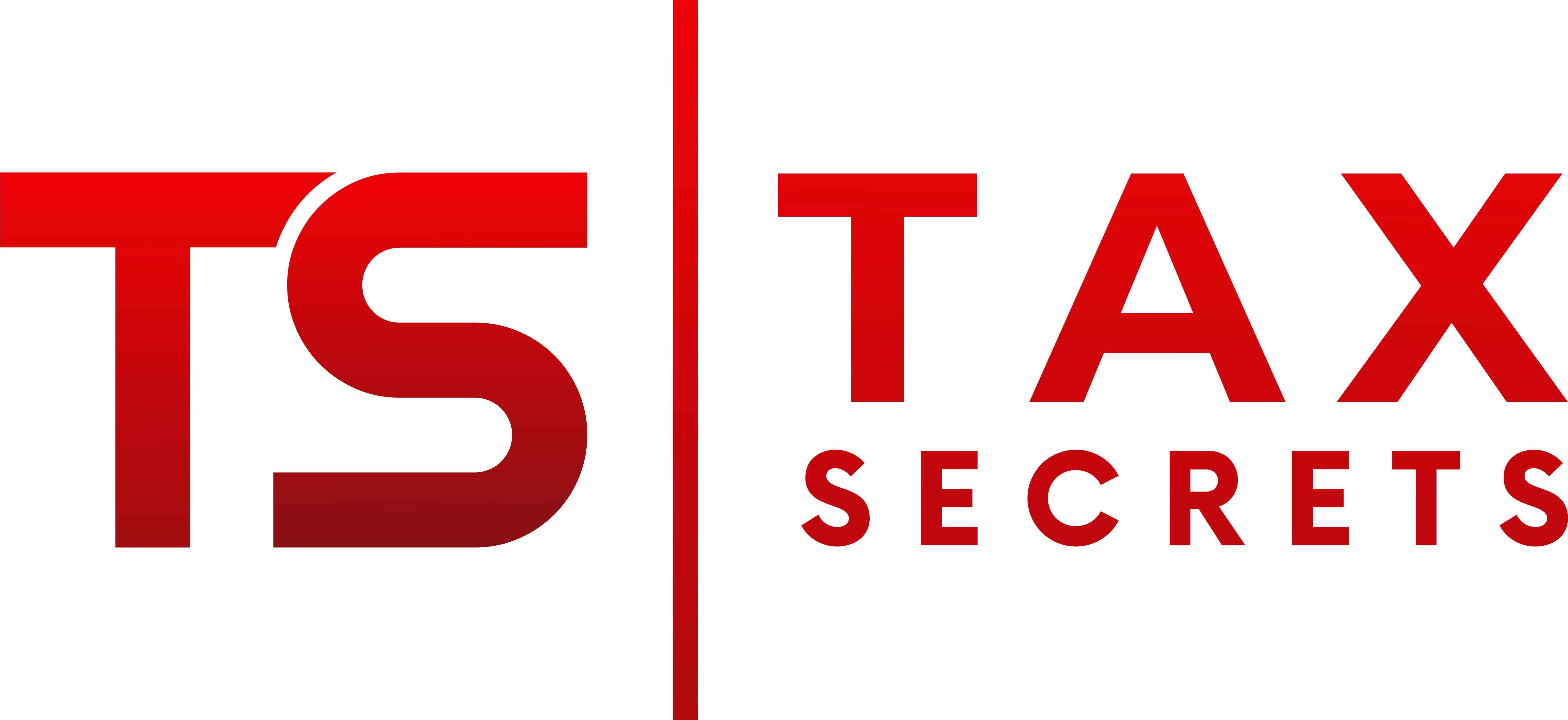Form 1099 report yearly
The Internal Revenue Service requires that any income that does not come from your employer be declared using a Form 1099. In reality, it a series of forms called the “information returns”, which you use to report income that is not a direct payment from your employer. There is a form 1099 for different types of income streams including barter transactions, dividends, even interest earnings that are above $10
A form 1099 is usually filled out by the payer, and copies sent to both you and the IRS, before January 31. You should know that there are numerous kinds of 1099s.
You are required by law to report all taxable income to the IRS, which includes income that does not fall under salaries or commissions from your employer. With us, you do not have to figure out how your 1099 fits into your tax returns. If you have a different source of personal income, a salary, for instance, we will help you attach your yearly report to your W-2 with ease. We also keep you up to date with any changes to the form 1099 system, while making sure that all the details needed are input correctly.
Common types of Form 1099s
Although there are many different types of Form 1099s, certain kinds are used more frequently than others. These include
- 1099-INT: This is used to report income from any sort of interest you have received, which is above $10. This covers interest from your savings at the bank, interest on your investments at a brokerage firm, or any other sort of financial institution. Interest may be taxed as ordinary income and you will pay using regular paycheck rates.
- 1099-R: This deals with income from retirement plans including as your 401K, annuities, and pensions. You receive this type of form whenever any payout from whichever plan exceeds $10, or in the event, you roll one retirement plan into a tax-advantaged account (This is a savings plan that gives you certain deferrals and exemptions)
- 1099-MISC: This is the form you get if you are a freelancer and people in self-employment, including internet content creators. It is used to report any sort of miscellaneous income that exceeds $600 from one company in a single year.
TIP: If you make less than $600 from any particular company, you are still required by the IRS to report it on your taxes.
- 1099-DIV: If you have any investments, this is the form you get to report distributions and dividends. This includes payments from stocks as well. Since dividends are taxed differently from other forms of income, the 1099-DIV is what distinguishes payments that should be taxed at a more favorable rate.
- 1099-C: Any debts that are forgiven are reported using this form. What most people do not know is that if a lender forgives all or part of a debt, you are still required to report and pay taxes on it. This is because the government considers canceled debt as income.
- 1099-S: This covers any income from real estate sales. You are allowed to exclude gains of up to $250, 000 if you are filing as an individual, and double that if the filing is done jointly. This is however subject to certain conditions outlined in the form.






